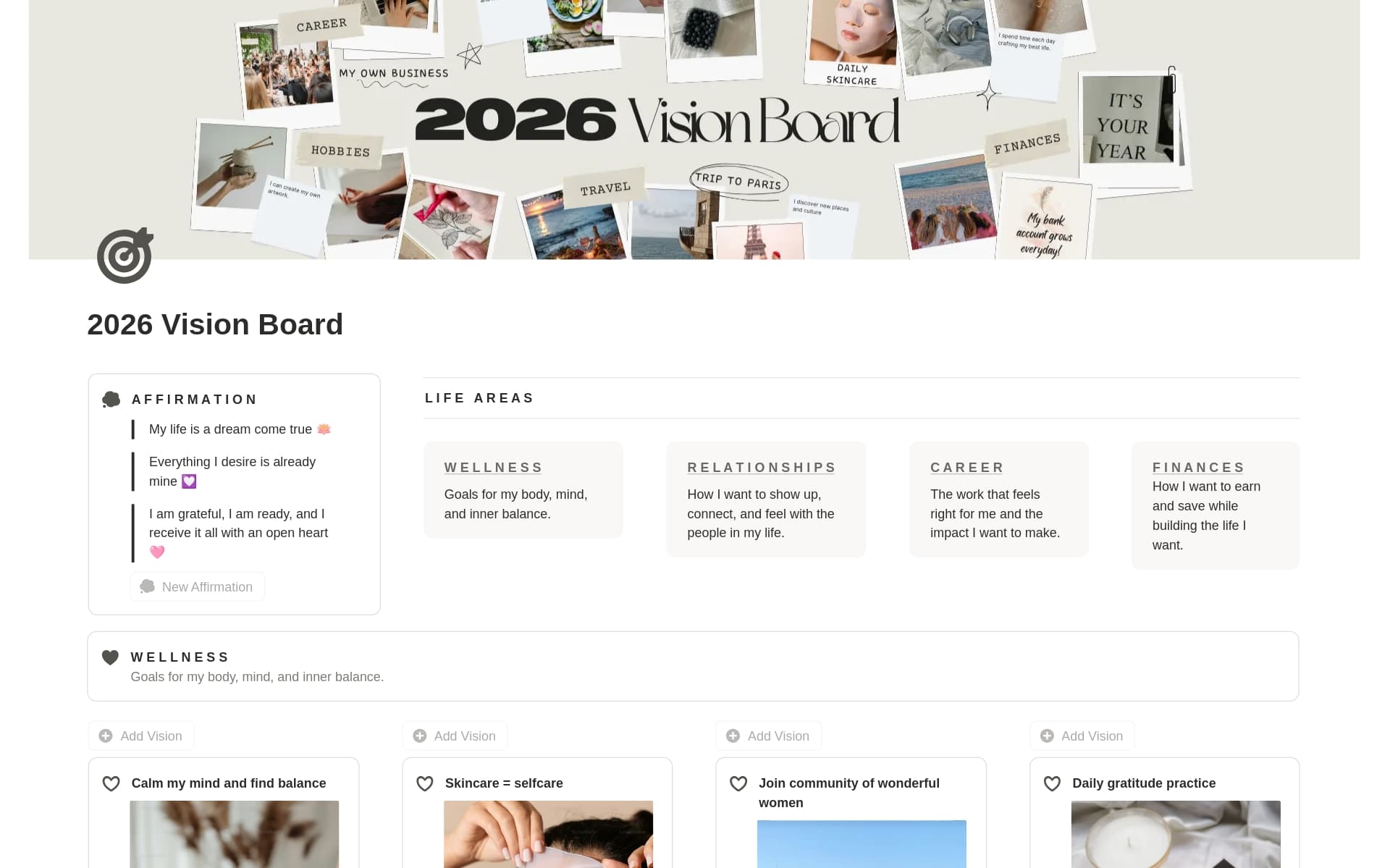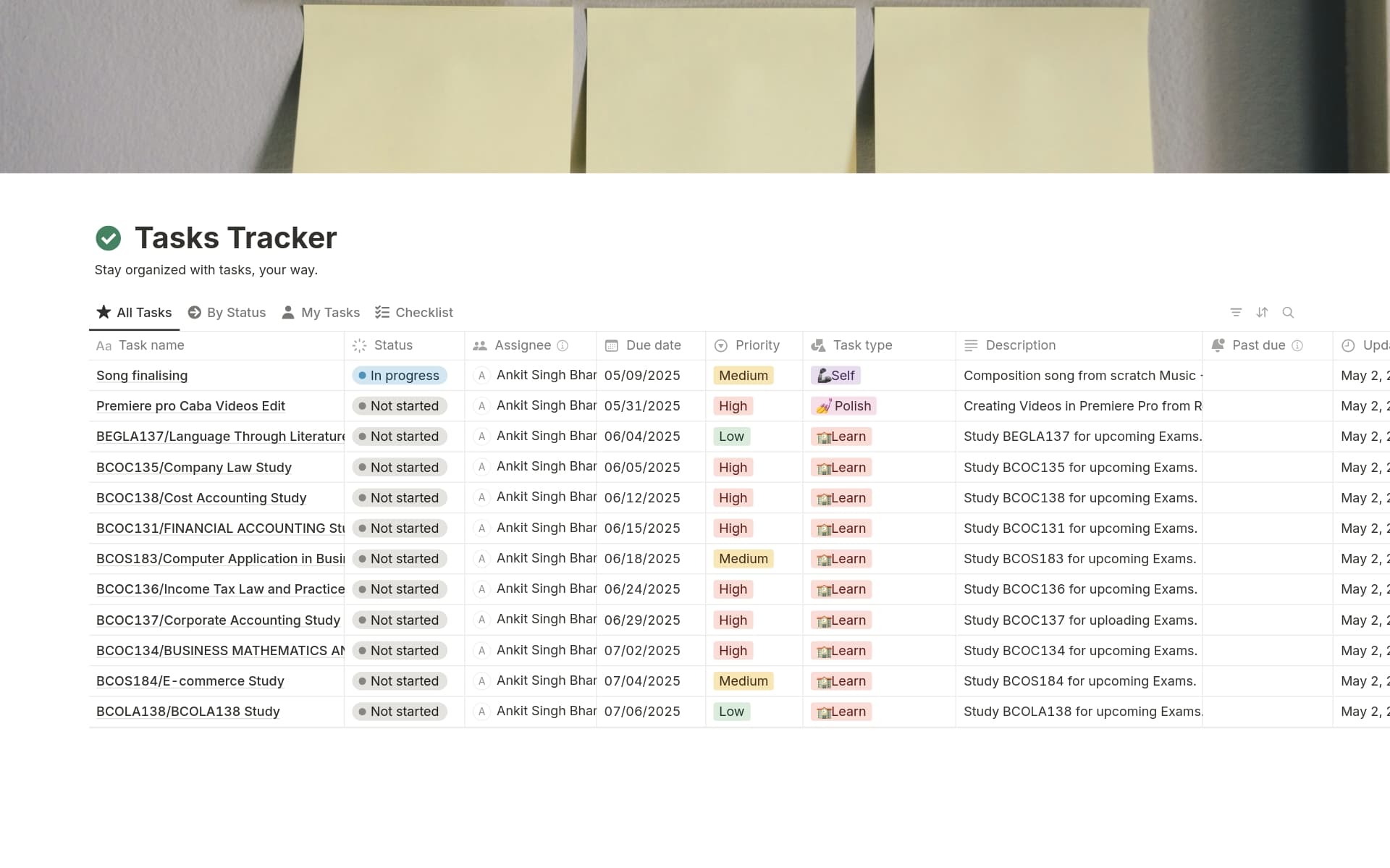Competitive Analysis is significant for BizOps as it enables businesses to understand their positioning within the market and identify areas for improvement and differentiation. By using a Competitive Analysis template in Notion, teams can streamline the process of gathering, organizing, and analyzing data about their competitors in a structured and efficient way. This aids in making informed strategic decisions that could influence the company's direction and growth.
Before crafting your own Competitive Analysis template, consider exploring these existing templates to simplify the process.
What Should Competitive Analysis Templates Include?
Choosing the right competitive analysis template can streamline your strategic insights and enhance your business operations. Here are key components to look for in an effective template:
Market Overview: This section should provide a comprehensive view of the industry, including market size, growth trends, and key players. It sets the stage for deeper analysis.
Competitor Benchmarking: Essential for comparing your business directly with competitors on various aspects such as pricing, product features, market share, and customer satisfaction.
SWOT Analysis: A detailed breakdown of strengths, weaknesses, opportunities, and threats related to competitors helps in strategic planning and risk management.
Customer Insights: Understanding customer demographics, preferences, and feedback about competitors can guide better business decisions and product development.
Selecting a template that effectively covers these areas will provide a robust framework for analyzing your competitive landscape and identifying strategic opportunities.
What Should Competitive Analysis Templates Avoid?
Choosing the right competitive analysis template is crucial for effective business operations. However, certain features can detract from the template's utility. Here are three key components to steer clear of:
Overly Complex Metrics: Avoid templates that include too many intricate metrics which can complicate analysis and delay decision-making.
Non-Customizable Fields: Templates that do not allow customization can limit your ability to tailor the analysis to specific business needs.
Irrelevant Competitor Information: Ensure the template does not focus on irrelevant data about competitors, which can clutter and divert focus from critical insights.
Selecting a template that avoids these pitfalls will streamline your competitive analysis, making it a more powerful tool for strategic planning.




